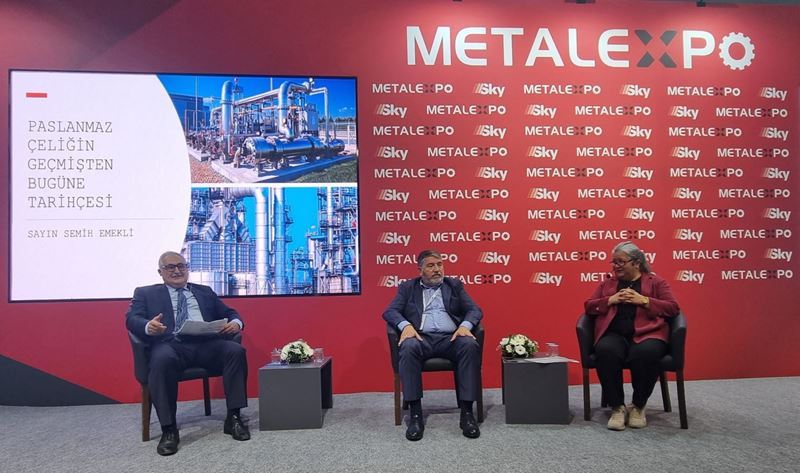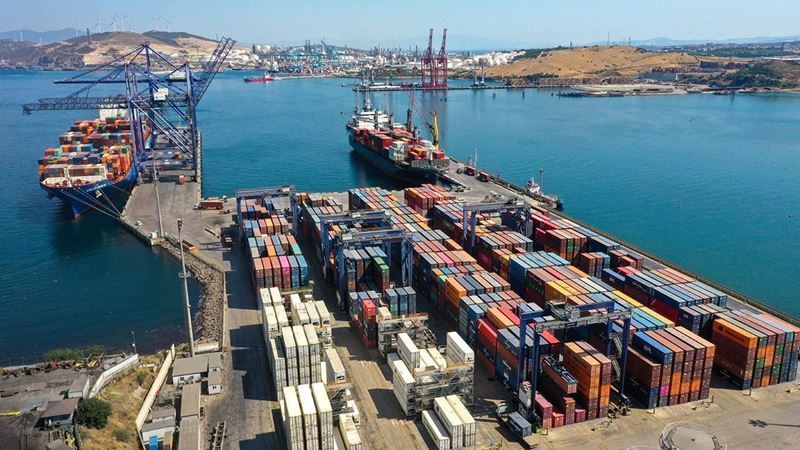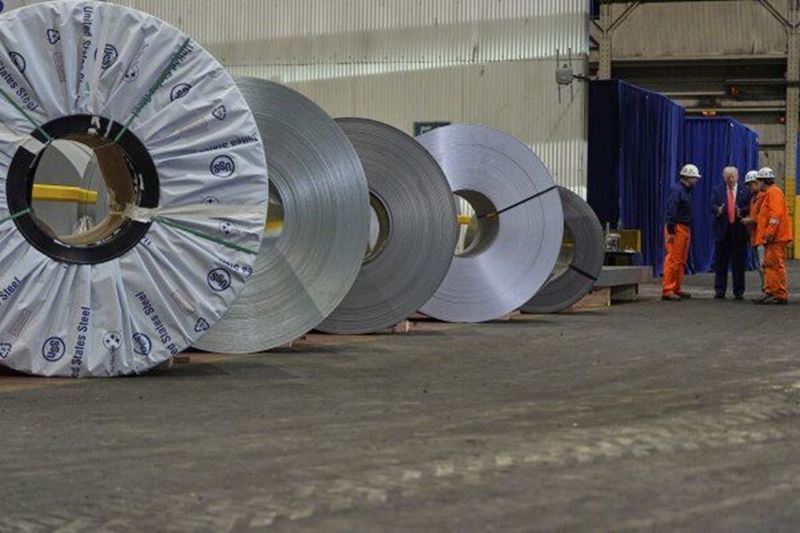The Stainless Steel Industrialists and Businessmen’s Association (PASİD) organized a panel titled “The Past, Present, and Future of Stainless Steel in Türkiye” at the Metal Expo Fair held at the Istanbul Expo Center. Moderated by Hanife Wideberg, General Manager of Multi Metal and Secretary General of PASİD, the panel featured speakers Semih Emekli, Board Member of Sesinoks Metal, and Barış Yılmaz, General Manager of Komtrade Stainless Steel.
Highlighting that Türkiye is ready for integrated stainless steel production, Yılmaz stated:
“Stainless steel is not only an industrial matter for Türkiye but also a question of strategic independence. With our resources, location, and sectoral expertise, we are well-equipped for this breakthrough.”
The panel addressed topics such as “The Past, Present, and Future of Stainless Steel in Türkiye,” “The Historical Development of Stainless Steel,” “Main Alloy Groups of Stainless Steel,” and “Investments in Stainless Steel in Türkiye.”
Barış Yılmaz drew attention to Türkiye’s investments and future vision in the stainless steel sector. Emphasizing the strategic importance of recent steps, he said:
“Stainless steel investments in Türkiye have gained momentum over the past decade. Today, we remain dependent on imports: we source hot-rolled products from abroad while focusing domestically on cold rolling and fastener production. However, this picture is changing. Sarıtaş’s new phase investments will significantly increase our production capacity. These investments will not only boost competition but also strengthen our exports.”
Yılmaz further underlined Türkiye’s readiness for integrated stainless steel production:
“Currently, our flat stainless steel consumption stands at 700–750 thousand tons. Even under the worst market conditions, we have a capacity of 500 thousand tons in cold rolling and 100 thousand tons in hot production. Moreover, we collect around 200 thousand tons of stainless scrap annually, of which 160–170 thousand tons are exported without processing. Utilizing this scrap domestically would mean keeping more than $200 million of added value within Türkiye. In addition, we possess one of the world’s largest chrome reserves and already produce ferrochrome domestically. These resources provide us with a unique advantage for integrated production. An integrated investment would increase the price per ton of our steel exports, deepen downstream industries such as white goods, kitchenware, pipes, tanks, and tool steels, and make the country more resilient against external shocks. Stainless steel, for Türkiye, is not only an industrial issue but also a matter of strategic independence, and our resources, geographical position, and accumulated expertise are sufficient for this leap.”
Panelist Semih Emekli provided a historical overview of stainless steel, touching upon its evolution and technical perceptions in the sector. He noted that stainless steel emerged as an innovation driven by the needs of industrialization:
“Experiments dating back to the 19th century laid the foundations for the steels we use today. Following the first successful application in England in 1913, stainless steel quickly spread from kitchenware to the chemical and construction industries. Today, stainless steel has become an indispensable material thanks to its durability and longevity.”
Hanife Çınar, Secretary General of PASİD, detailed the main alloy groups of stainless steel, emphasizing the prevalence of the austenitic series in Türkiye and providing in-depth information on its alloys and properties.










Comments
No comment yet.